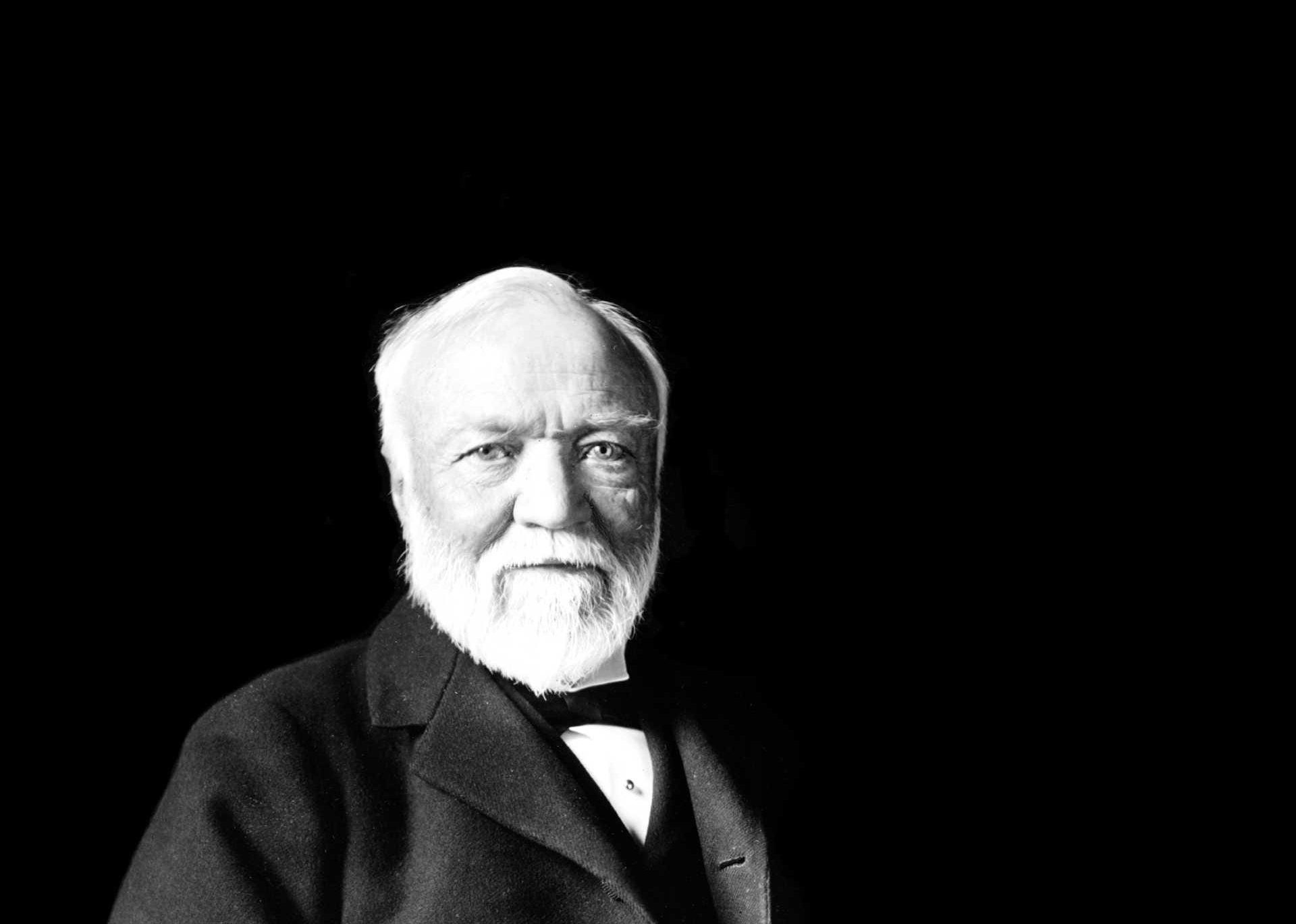
Andrew Carnegie
Industrialist & Philanthropist
From Humble Beginnings to Industrial Titan
Andrew Carnegie, born in 1835 in Dunfermline, Scotland, is a quintessential rags-to-riches story. Emigrating to the United States with his impoverished family in 1848, Carnegie began his working life as a bobbin boy in a cotton factory. His relentless pursuit of education and self-improvement, however, soon propelled him into the world of business.
Building an Empire
Carnegie's ascent in the business world was meteoric. He started as a telegraph messenger, eventually working his way up to a position with the Pennsylvania Railroad. His investments in railroads, bridges, and iron works during the 1860s laid the groundwork for his future success. The cornerstone of his fortune was the Carnegie Steel Company, founded in the 1870s. Through innovative business practices and technological advancements, Carnegie Steel became the largest and most profitable industrial enterprise of its time.
Philanthropic Vision
Despite his ruthless business tactics, Carnegie is perhaps best remembered for his philanthropy. In 1901, he sold Carnegie Steel to J.P. Morgan for $480 million, making him one of the richest men in the world. He then dedicated his life to giving away his fortune, driven by his belief that the wealthy had a moral obligation to distribute their wealth for the public good. Carnegie's philanthropy transformed the landscape of education, science, and culture. He funded over 2,500 public libraries, established Carnegie Mellon University, and supported numerous foundations, trusts, and charitable organizations.
Carnegie's Enduring Legacy
Carnegie's impact on society extends far beyond his lifetime. His contributions to education and culture have left a lasting legacy, with institutions like the Carnegie Endowment for International Peace and the Carnegie Corporation of New York continuing his mission to this day. His philosophy, encapsulated in the essay "The Gospel of Wealth," advocates for the responsible stewardship of wealth and the importance of using it to benefit society.


